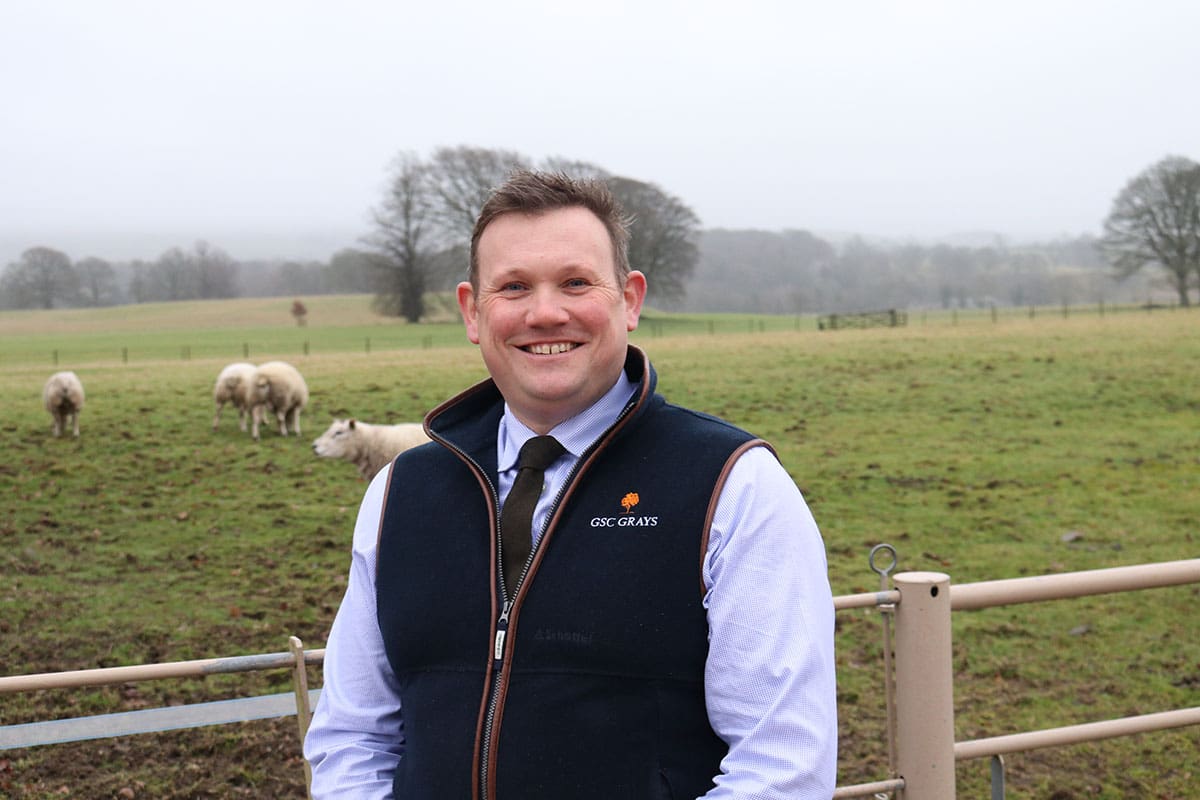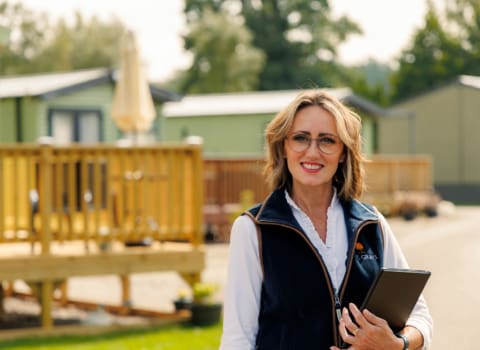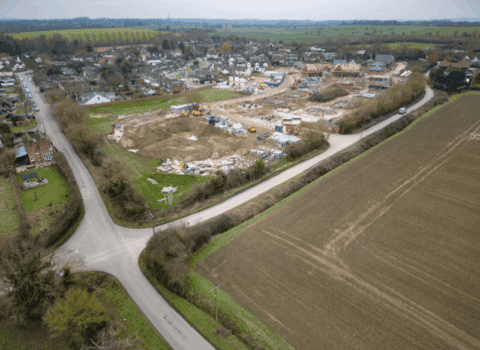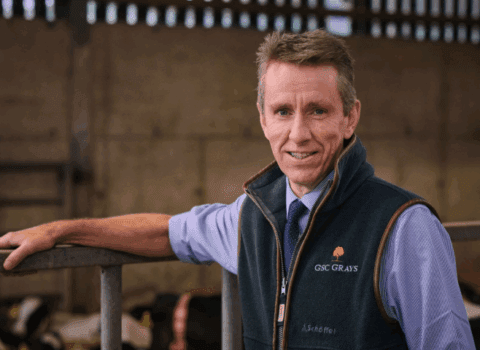Contact our offices
Main office
COLBURN
5 & 6 BAILEY COURT
COLBURN BUSINESS PARK
RICHMOND
NORTH YORKSHIRE
DL9 4QL
Estate Agency Offices are located in
BARNARD CASTLE, BOROUGHBRIDGE & RICHMOND
Residential Management Team
Our Offices
- Alnwick
01665 568310
Email Officealnwick@gscgrays.co.uk - Barnard Castle
01833 637000
Email Officebarnardcastle@gscgrays.co.uk - Boroughbridge
01423 590500
Email Officeboroughbridge@gscgrays.co.uk - Chester-Le-Street
0191 3039540
Email Officechester-le-street@gscgrays.co.uk - Colburn
01748 897630
Email Officecolburn@gscgrays.co.uk - Driffield
01377 337180
Email Officedriffield@gscgrays.co.uk - Hamsterley
01388 487000
Email Officehamsterley@gscgrays.co.uk - Hexham
01434 611565
Email Officehexham@gscgrays.co.uk - Kirkby Lonsdale
01524 880320
Email Officekirkbylonsdale@gscgrays.co.uk - Penrith
01768 597005
Email Officepenrith@gscgrays.co.uk

A record summer’s financial wake up call
As we reach the end of what has officially been the hottest summer on record, it’s worth taking a moment to reflect – not just on the weather, but on the wider implications for our farming businesses. Conditions across the North have varied dramatically. In my view, the Northwest enjoyed the best weather in the country, while further east of the country, the impact on arable and pastoral crop yields was significant.
This variability has had some unexpected upsides. Many autumn arable operations were completed ahead of schedule, particularly in the east, offering an unprecedented sense of relief from the usual anxiety around winter crop establishment. With this extra time, arable farmers have a valuable opportunity to reflect, not just on reduced yields and poor prices, but on the cashflow pressures that will inevitably follow. It’s vital that we use this breathing space to plan ahead.
Recent media coverage has highlighted cost saving measures as a way to bolster profitability and manage cash. However, this year has highlighted something even more pressing: the volatility of prices and yields in the face of extreme weather. We need to ask ourselves whether this summer was a one-off, or a glimpse of the new normal. If it’s the latter, can our current production systems truly be considered sustainable?
Now is the time to assess your business’s future needs. For many, cash pressures are looming, and it’s far better to pre-empt the need for increased overdraft facilities than to react when the pressure hits.
While my focus so far has been on arable farming, the same principles apply to livestock enterprises. Understanding your breakeven point and more importantly, your vulnerabilities within the supply chain, is crucial. Farming operates with fine margins, so even small cost increases can threaten viability. While it’s tempting to wait until problems arise before acting, I’d argue that the best time to address them is when the pressure is off. That’s when you can take an objective and strategic view, rather than reacting in the heat of financial stress.
One of the most promising trends in recent years has been the growing willingness among farmers to work together. This summer has shown that where one region struggles, another may thrive. For instance, surplus forage Yorkshire could be shared or traded with livestock producers in the Northwest of the country, helping to offset shortages and stabilise operations.
Working together by sharing equipment, joining forces on marketing or coordinating deliveries can help cut costs and make businesses stronger. Just as importantly, it brings people together and builds a shared sense of purpose, which really matters when times are tough.
Farmers who engage in peer-to-peer learning, benchmarking and joint ventures are often better equipped to deal with volatility. By pooling knowledge and resources, they can make more informed decisions and respond more effectively to changing conditions. These partnerships also open doors to innovation, whether through shared trials of alternative crops or joint investment in infrastructure.
IN SUMMARY
The extreme weather we’ve experienced this year is a stark reminder of the need for proactive planning and strategic thinking. Collaboration between farmers isn’t just a practical solution, it’s a strategic necessity. While peer support is invaluable, professional farm business advice is still one of the most effective tools available. Advisors can help identify risks, optimise cashflow and develop contingency plans tailored to your business.
When things feel uncertain, getting expert advice doesn’t show weakness, it shows strength and good sense.


GSC Grays News
GSC Grays launch innovative tool to unlock short-term funding for farm businesses
Read more
GSC Grays News
Government gives crucial commitment to end disruption to Sustainable Farming Incentive (SFI) scheme
Read more
GSC Grays News
GSC Grays appoints Katherine Wigham to lead new Rural Business & Leisure Agency
Read more





